ABU DHABI, United Arab Emirates, October 9, 2024 – The Abu Dhabi Stem Cells Center (ADSCC) hosted Prof. Dato’ Sri Dr. Mike Chan, a renowned expert in bio- regenerative medicine, on October 9 for a significant meeting aimed at advancing collaborative efforts in stem cell research and therapy. This synergistic visit marks a pivotal step in the UAE’s ongoing initiatives to enhance healthcare innovation through international partnerships.
Prof. Chan, accompanied by his distinguished delegation from European Wellness (EW), engaged in in-depth discussions with local experts, focusing on the integration of innovative treatments and joint research initiatives. The delegation included Prof. Dr. Dmitry Klokol, Head of the Medical Advisory Board, Dr. Olha Nishkumai, Medical Consultant, and Dr. Bawani Nesamany, Education Medical Director.
The visit centered on identifying collaborative opportunities, particularly in the areas of Bone Marrow Transplants/Hematopoietic Stem Cell Transplantation (HSCT) and peptide- based therapies. The discussions explored how Prof. Chan’s expertise in bio-regenerative medicine could complement the work already being done at ADSCC, which specializes in cutting-edge stem cell therapies.
A key highlight of the visit was Prof. Chan’s meeting with Dr. Maysoon Al Karam, the Chief Medical Officer (CMO) of ADSCC. Dr. Al Karam, responsible for overseeing medical operations and ensuring the quality of care at the center, played a crucial role in the discussions. She highlighted the center’s achievements and potential areas for collaboration, including joint initiatives targeting diseases like diabetes (Type 1 and Type 2), wound healing, neurodegenerative diseases, and fertility treatments.
“This visit has opened up exciting possibilities for collaborative advancements in healthcare within the region,” said Prof. Chan. “There is immense potential for synergistic efforts in stem cell research and clinical applications, which could revolutionize how we treat a wide range of diseases.”
The Abu Dhabi Stem Cells Center, established in 2019, has rapidly gained recognition as a leader in stem cell therapy and regenerative medicine. Its status as a Center of Excellence in Hematopoietic Stem Cell Transplantation, granted by the Department of Health – Abu Dhabi, underscores its commitment to advancing healthcare in the region. The center’s advanced infrastructure and expertise in stem cell research provided an ideal foundation for collaborative discussions.
Following the meetings, Prof. Chan toured the stem cell research and bone marrow transplantation laboratories, where he gained insights into ADSCC’s state-of-the-art facilities and the groundbreaking work being done in stem cell and regenerative medicine. Although the lab’s policies restricted photography, the tour further solidified the potential for future partnerships between European Wellness and ADSCC.
Prof. Chan’s visit to ADSCC follows two days of high-level meetings at United Arab Emirates University (UAEU), where he discussed potential collaborations with academic leaders. His discussions at ADSCC have set the stage for substantial synergistic efforts, furthering the UAE’s mission to become a global leader in healthcare innovation.
The visit concluded with discussions about future joint research initiatives, particularly in the area of personalized medicine and the development of new treatment protocols using stem cells and peptides. The potential for collaborative efforts between Prof. Chan’s European Wellness team and ADSCC holds promise for advancing the field of bio- regenerative medicine.
“By fostering these international partnerships, we are not only advancing stem cell therapy but also positioning the UAE as a hub for medical innovation,” remarked Dr. Maysoon Al Karam.
As Prof. Chan continues his tour, this landmark visit to ADSCC signifies a crucial moment in the advancement of regenerative medicine in the Middle East. The discussions and the planned joint initiatives will likely transform medical treatment, offering new hope for patients with complex conditions and expanding the reach of bio-regenerative therapies.
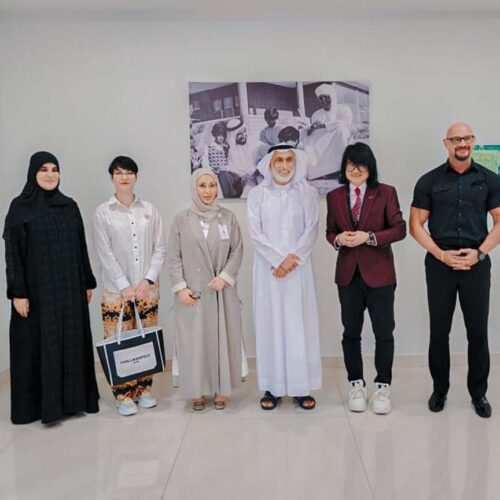
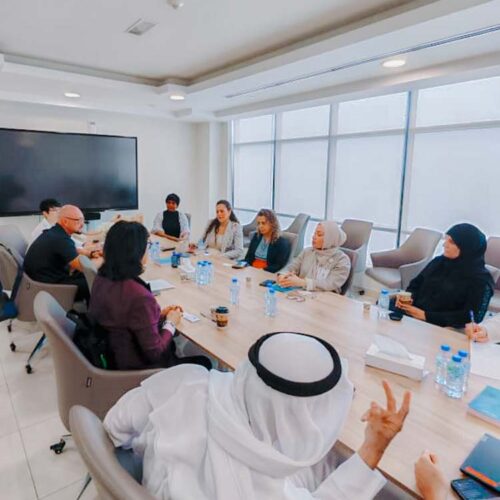
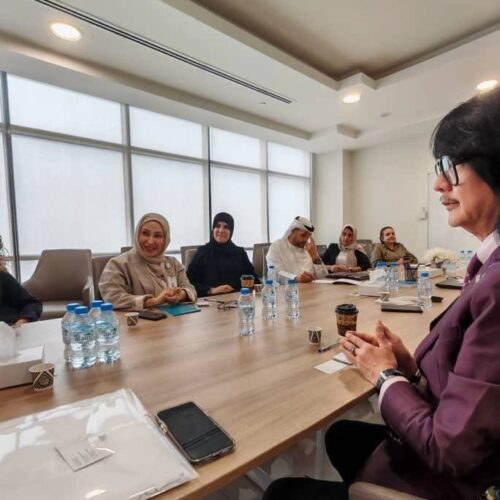
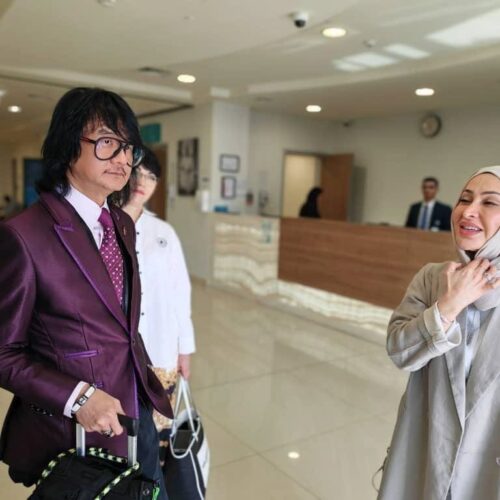


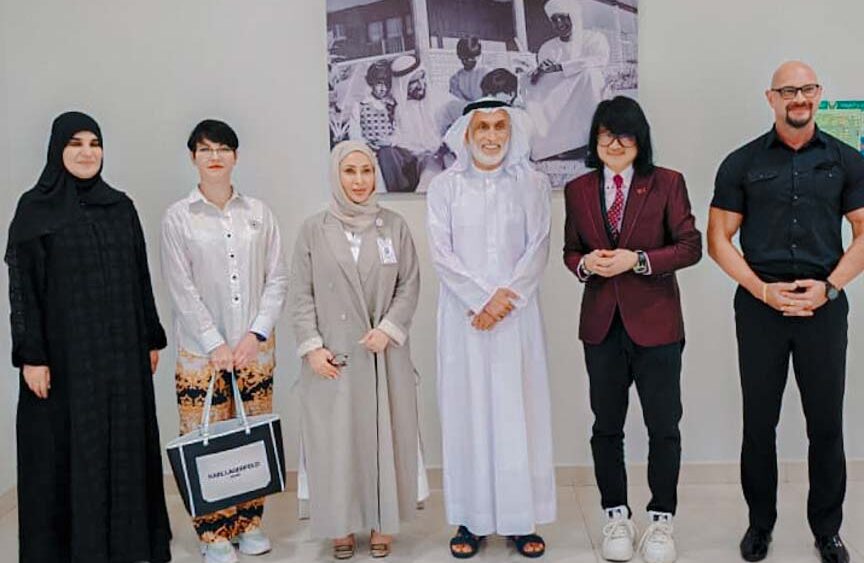
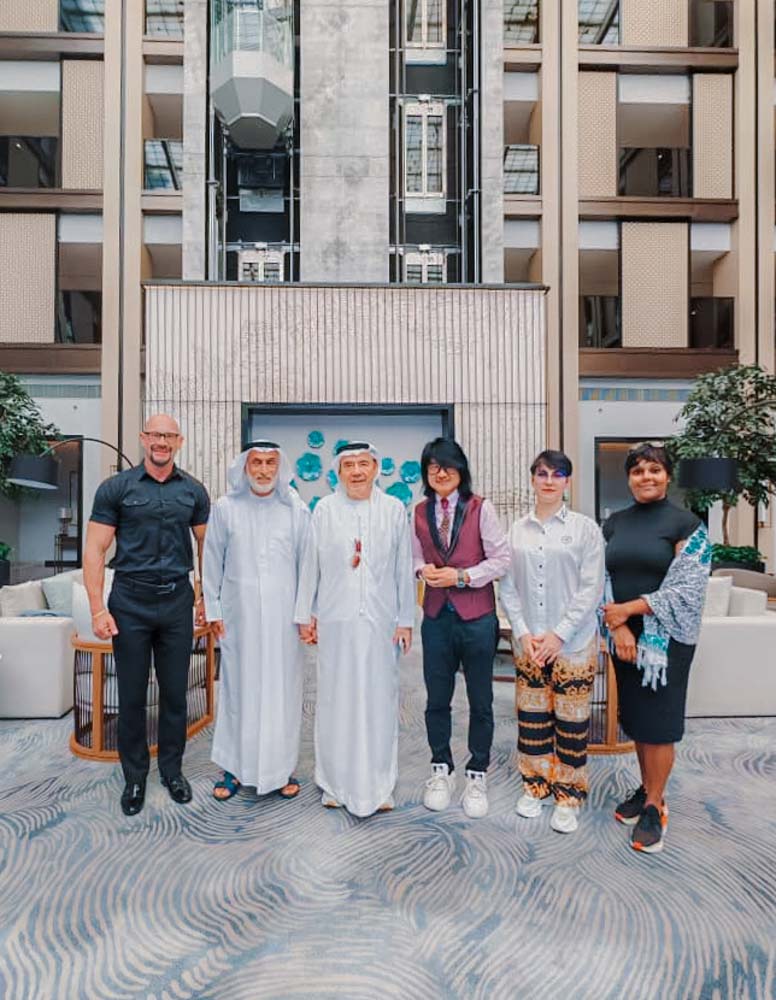
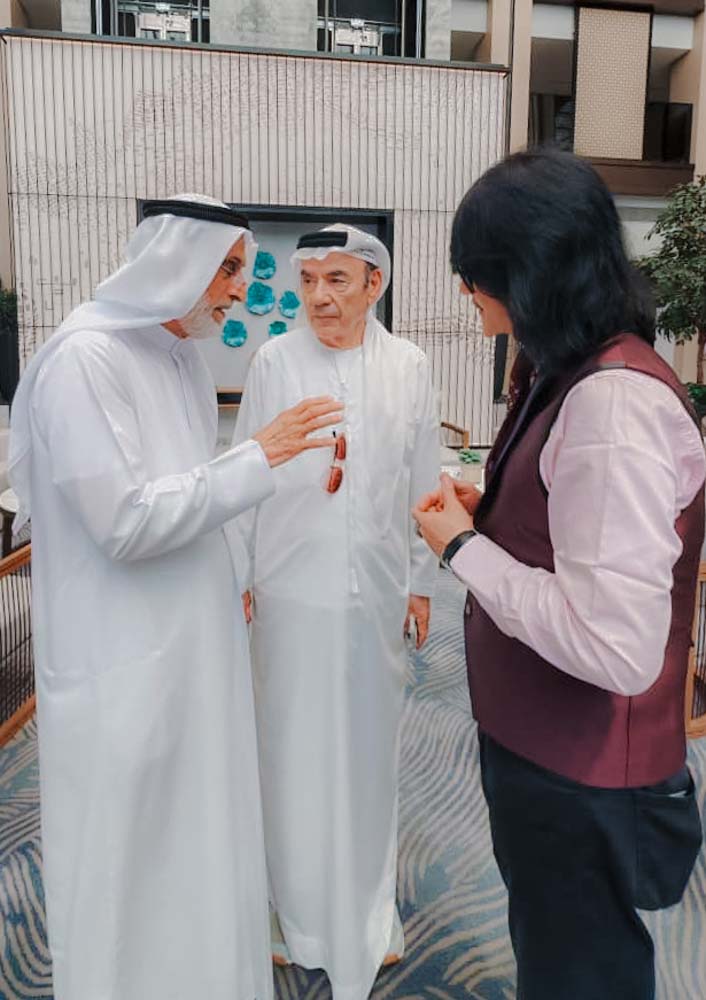
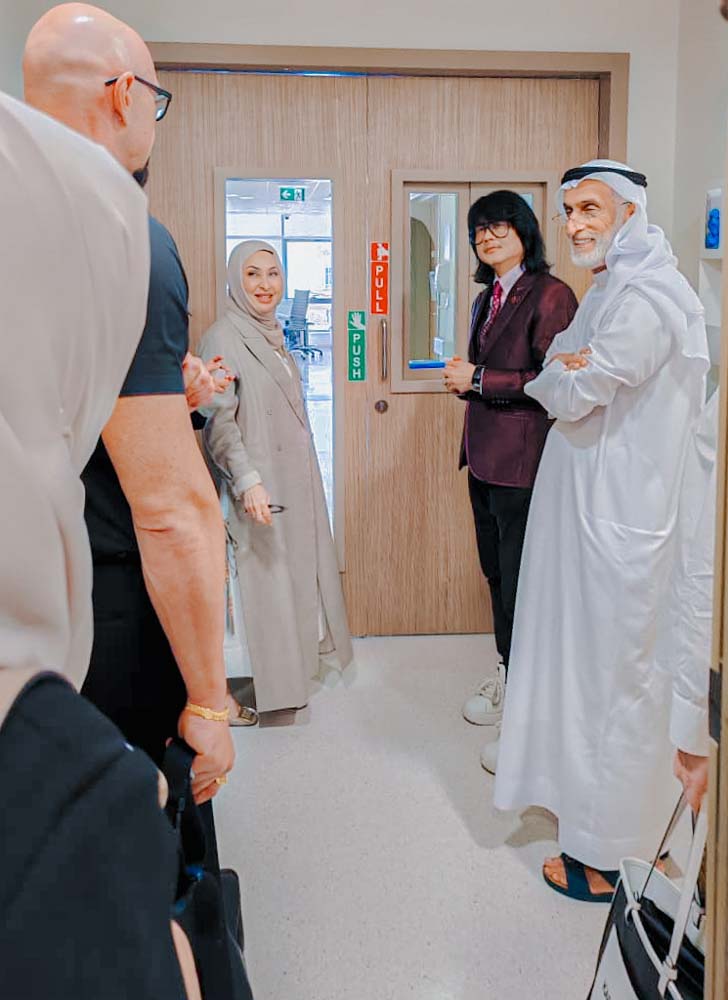
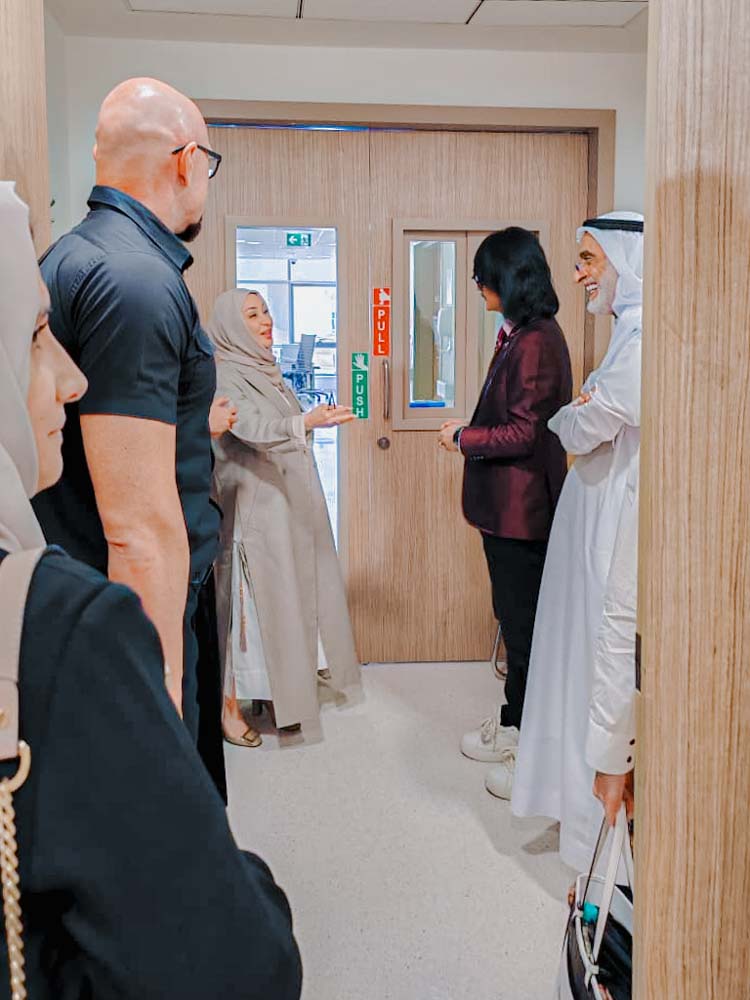
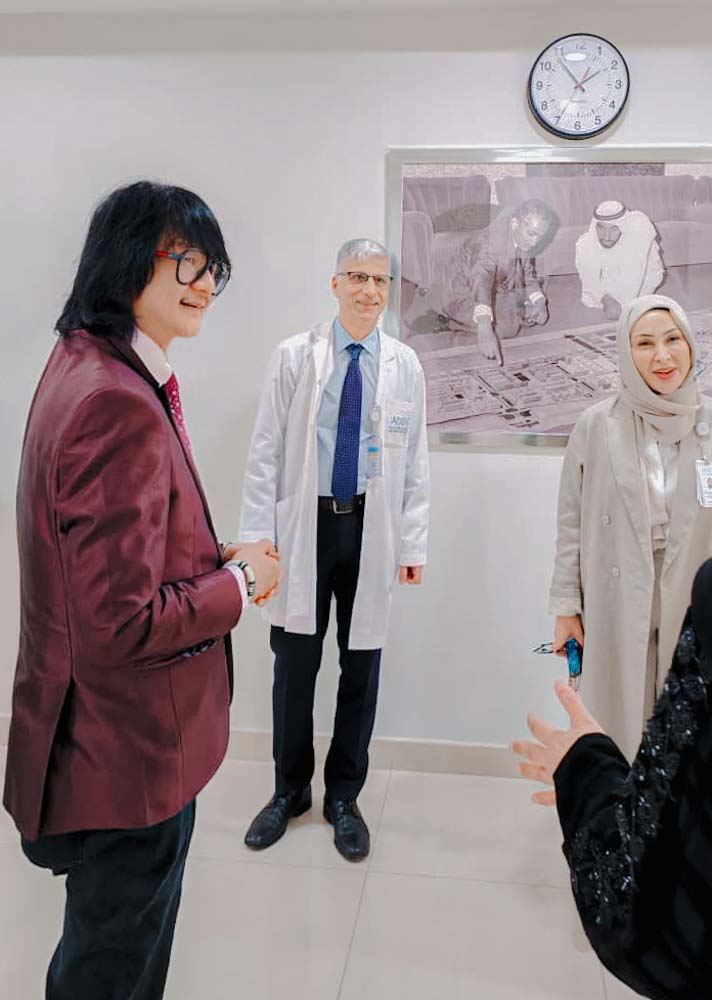
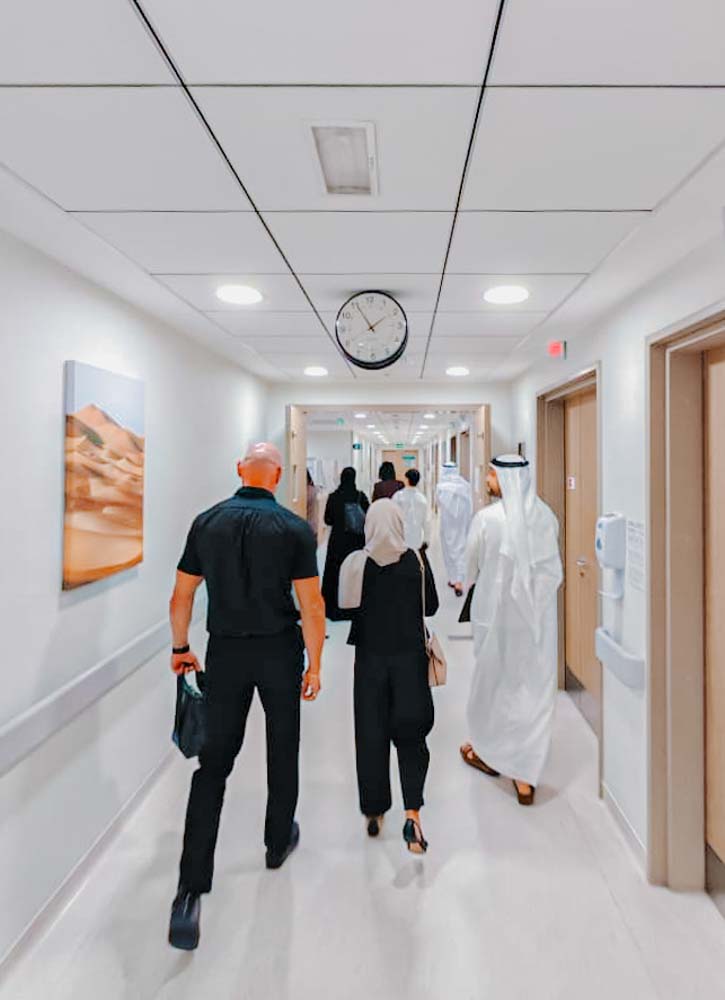
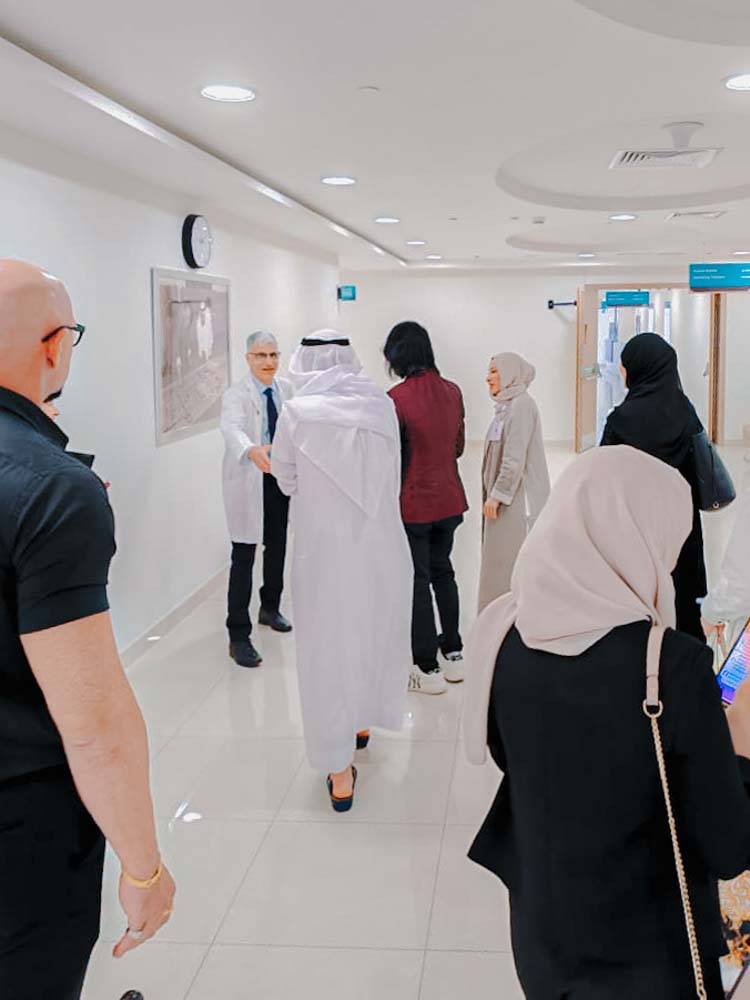
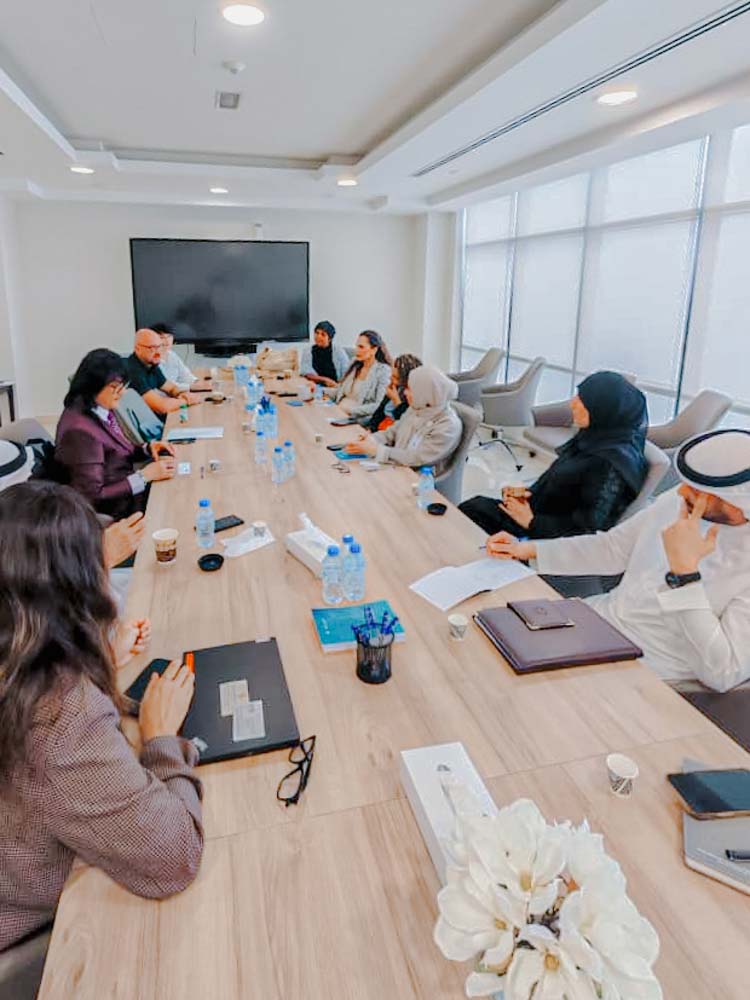
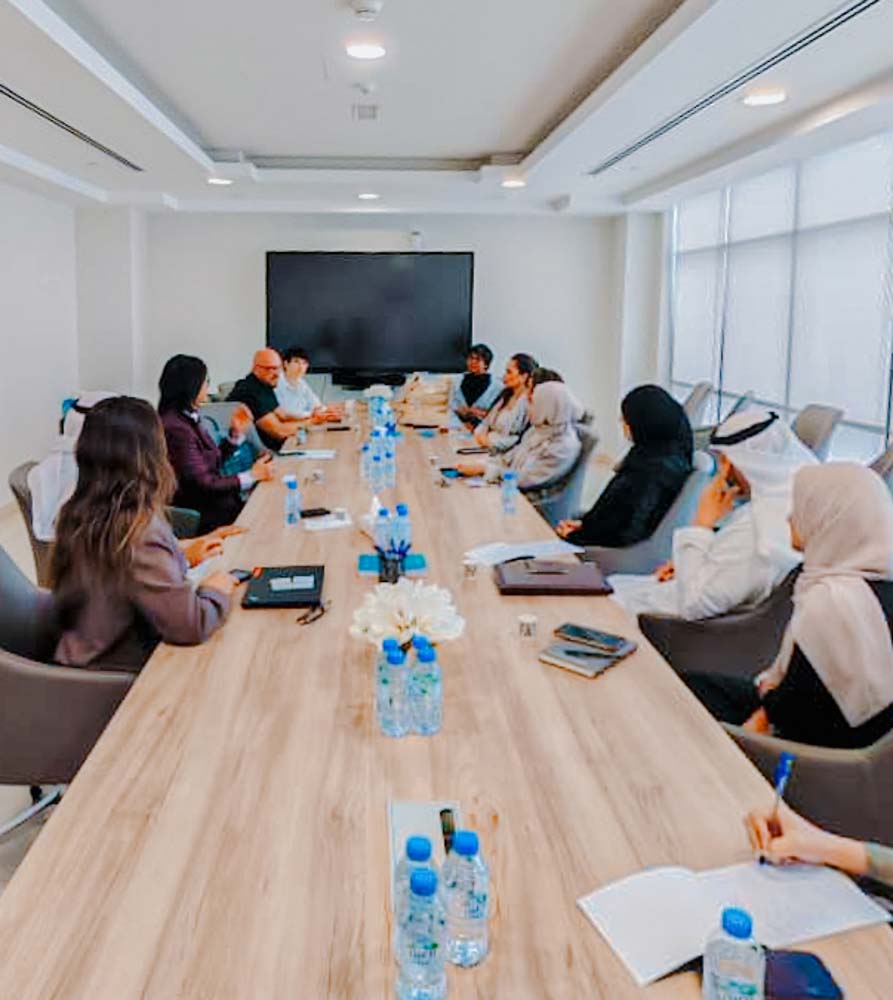
Comments are closed.